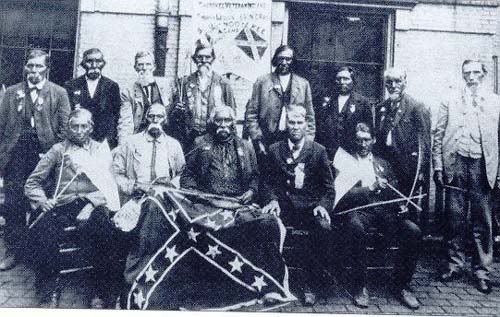
After their removal to Oklahoma in 1838, the hostile rivalry between two Cherokee political factions—the National Party which had resisted removal and the Treaty Party which had favored removal—became violent. In 1842, James Foreman, a member of the National Party, and Stand Watie, a member of the Treaty Party, encountered each other in a grocery store. Watie accused Foreman of killing his uncle, Major Ridge. The argument quickly grew physical and Watie killed Foreman.
Following the incident, groups of armed men from both factions began to assemble. There were rumors that an outbreak of civil war within the Cherokee Nation was imminent and that Foreman’s death had been a part of a larger conspiracy in which others were marked for assassination. The American Indian agent met with the Cherokee near the grocery store. During the course of his investigation, the agent had found that the rumors of a conspiracy were without foundation. The agent urged Foreman’s friends and the members of the National Party to allow the law to take its course. Instead of seeking revenge, he urged them to allow Watie to face trial.
Stand Watie was concerned that he would be tried in a Cherokee Court. Since John Ross, the leader of the National Party, was the principal chief, and the Cherokee government seemed to be biased toward the National Party, Watie did not feel that a fair trial in a Cherokee court would be possible. However, since the incident occurred in Arkansas, outside of the Cherokee Nation, he was tried in Arkansas.
At the trial, James Foreman was described as a violent man. Witnesses testified that Foreman had come into the store expecting trouble while Watie had not. The jury debated for about five minutes and Watie was acquitted on a plea of self-defense. The attacks were seen as a renewal of a Cherokee feud and armed guards gathered for the protection of the National Party adherents. The killing of James Foreman and the acquittal of Stand Watie were seen by many as another step in the escalation of violence among the Cherokee.
The following year, the violence escalated when a group of Treaty Party men, under the leadership of George West, attacked and killed Isaac Bushyhead, a member of the National Party. The murderers then escaped into Arkansas where they would be out of reach of Cherokee tribal justice.
Violence against the National Party continued. In separate attacks, David Vann was attacked and beaten with clubs, but was carried off to safety by friends. Judge Elijah Hicks was forewarned about the attack and escaped. Many of the Treaty Party people, fearing retaliation, fled from the Cherokee nation, leaving most of their personal goods behind.
There were rumors that Chief John Ross was going to be assassinated and so the Cherokee General Council posted several dozen Cherokees around his home. While the warriors guarded his home for several weeks, there was no attempt on his life.
The animosity between the two factions continued to simmer, with occasional outbreaks of violence for another couple of decades.
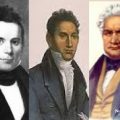
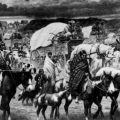
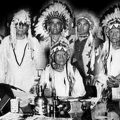
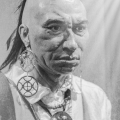
Leave a Reply